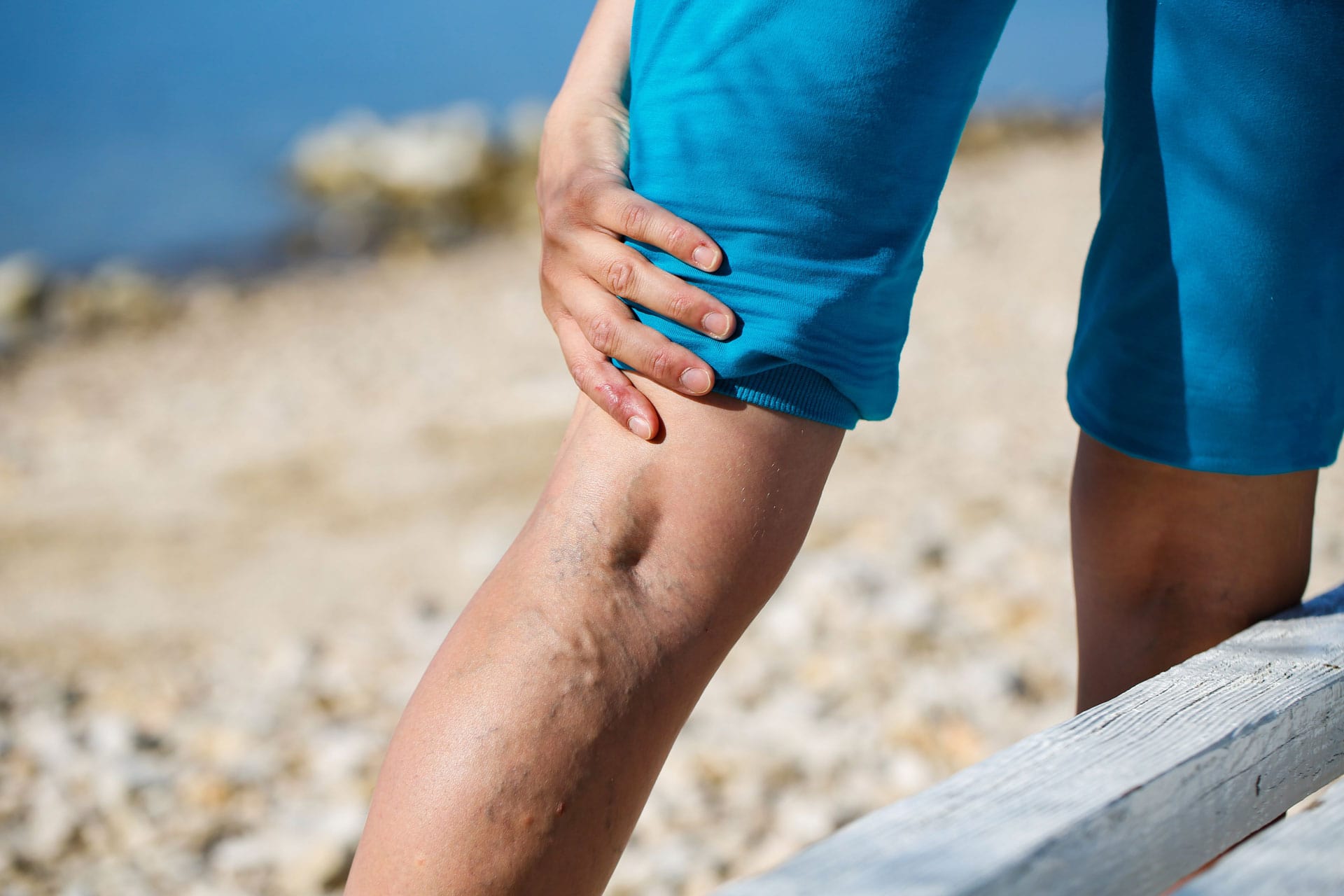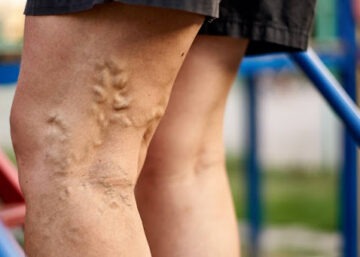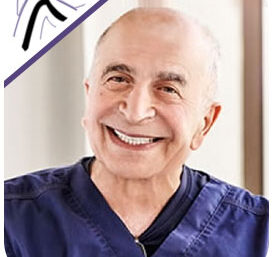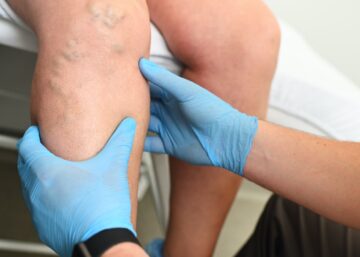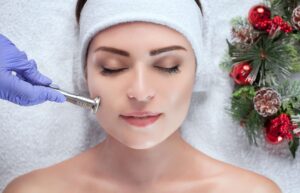Varicose veins are a common vascular issue that many people encounter, often causing discomfort and concern. To shed light on this topic, let’s explore some frequently asked questions about varicose veins.
What are varicose veins, and why do they occur?
Varicose veins are enlarged, twisted veins that typically appear as bluish or purplish bulges on the legs. They develop when the valves within the veins, which are responsible for preventing blood from flowing backward, weaken or become damaged. This allows blood to pool in the veins, causing them to stretch and protrude. Various factors contribute to their occurrence, including genetics, age, gender (women are more prone), pregnancy, obesity, and prolonged periods of sitting or standing.
Do varicose veins pose any health risks?
While varicose veins are often considered a cosmetic concern, they can lead to health issues. Individuals with varicose veins may experience symptoms such as pain, aching, heaviness, and swelling in the legs. These symptoms can worsen after prolonged periods of inactivity. In some cases, varicose veins can cause skin changes, ulcers, and even blood clots. Seeing medical attention is important if symptoms are severe or if complications arise.
Can varicose veins be prevented or treated?
Preventing varicose veins involves maintaining a healthy lifestyle that includes regular exercise, avoiding prolonged periods of sitting or standing, and elevating the legs whenever possible. Wearing compressions stockings can also help improve blood circulation and reduce symptoms. If varicose veins become problematic, various treatment options are available. Minimally invasive procedures such as sclerotherapy, endovenous laser treatment (EVLT), and radiofrequency closure can effectively close off or remove the damaged veins. Consulting a vascular specialist is crucial to determine the most suitable approach based on individual circumstances.
In conclusion, varicose veins are a common vascular condition that can impact both appearance and comfort. While they may not always pose immediate health risks, they can lead to symptoms and complications that warrant medical attention. By understanding the causes, risks, and available treatment options, individuals can make informed decisions to manage varicose veins and improve their overall well-being.
Hopefully, this answered some of your questions, but if would like to learn more or see us for an evaluation, please give us a call or schedule an appointment. Our vein experts, led by Dr. David Siroospour, can help you decide on the best treatment.
